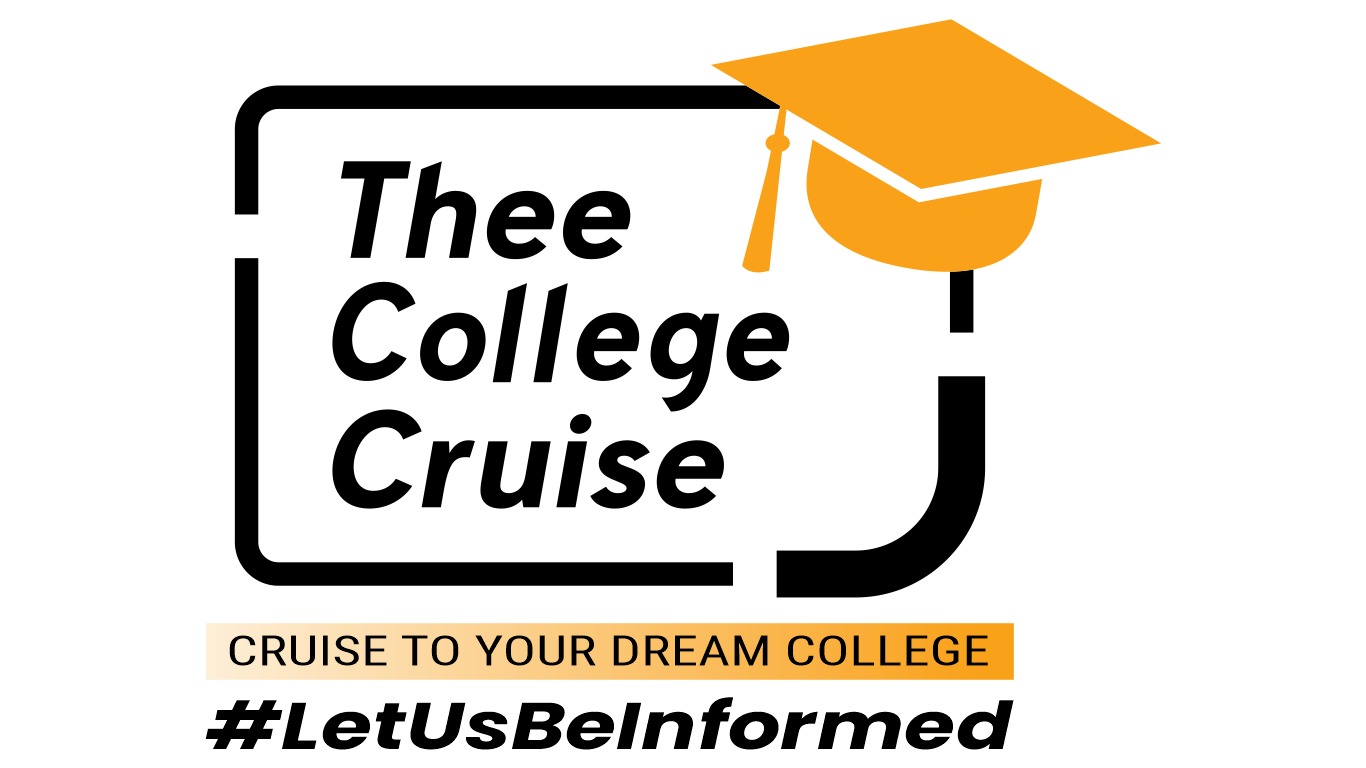The U.S. education system is renowned for its adaptability, innovation, and strong emphasis on practical skills. With top universities, cutting-edge research facilities, and diverse programs, it’s no wonder students from around the globe choose the U.S. to further their education. But how exactly does the U.S. system prepare students for global careers? Here’s how.
Focus on Critical Thinking and Problem-Solving
One of the defining aspects of the U.S. education system is its emphasis on critical thinking and problem-solving. Unlike rote learning, the U.S. approach encourages students to question, analyze, and create. Professors engage students in debates, case studies, and hands-on projects. This method develops a mindset that is highly valuable in global careers where innovation and adaptability are essential.
Diverse and Interdisciplinary Programs
The U.S. is known for its flexible and interdisciplinary academic programs. Students can often choose a wide range of subjects, blending majors and minors to match their interests. This flexibility enables students to gain knowledge across fields, which is crucial in today’s interconnected industries. For example, students in tech can combine courses in business, communication, or psychology, making them well-rounded professionals prepared to collaborate across cultures and industries.
Access to World-Class Research Facilities
U.S. universities prioritize research, offering students access to state-of-the-art facilities and resources. Institutions like MIT, Stanford, and Harvard invest heavily in research, enabling students to engage in groundbreaking projects. This experience provides students with skills and insights that prepare them for research-driven careers, from biotech to engineering, in a global setting.
Strong Focus on Innovation and Entrepreneurship
The U.S. education system strongly supports innovation and entrepreneurship. Many universities have incubators, startup competitions, and resources for budding entrepreneurs. Students learn how to bring ideas to life, manage projects, and understand global markets. This exposure prepares students to create or join innovative companies worldwide, making them highly competitive in the global economy.
Exposure to a Diverse, Multicultural Environment
Studying in the U.S. brings students into a multicultural environment, interacting with peers from all around the world. Exposure to diverse cultures and perspectives enhances adaptability and communication skills, which are crucial for global careers. Through group projects, clubs, and cultural events, students learn to work effectively in diverse teams and navigate cross-cultural challenges.
Internships and Practical Experience
U.S. universities often partner with top companies, offering students valuable internship opportunities. These internships provide real-world experience and industry exposure that can’t be gained in the classroom. Students apply what they’ve learned and develop professional skills, building resumes that appeal to global employers. For many, internships also lead to job offers, giving them a head start in their careers.
Networking and Alumni Connections
The U.S. education system emphasizes networking, offering students numerous opportunities to connect with industry professionals and alumni. Many universities host career fairs, guest lectures, and mentorship programs, helping students build valuable contacts. Strong alumni networks mean students can leverage these connections for job placements and career advice, offering a powerful advantage in securing global opportunities.
Developing Soft Skills Essential for Global Success
Soft skills like communication, teamwork, and leadership are integral to the U.S. education experience. Through presentations, group projects, and extracurriculars, students refine these essential skills. These abilities are in high demand in global careers, where professionals must communicate clearly and work collaboratively with international teams.
Focus on Ethical and Responsible Leadership
Many U.S. programs emphasize ethical leadership, teaching students to consider the broader impact of their decisions. Courses on ethics, corporate social responsibility, and global citizenship are common, helping students develop a responsible approach to leadership. This focus on integrity and ethics is increasingly valuable as companies prioritize sustainable and socially conscious practices.
In conclusion, the U.S. education system offers a comprehensive approach that fosters critical thinking, global awareness, and career readiness, making it a top choice for students aiming to succeed in international roles. With its blend of innovation, diversity, and real-world experience, studying in the U.S. builds the skills needed for thriving global careers. For personalized guidance on navigating your study abroad journey, trust thee college cruise to support you every step of the way, helping you unlock your potential on a global stage.




